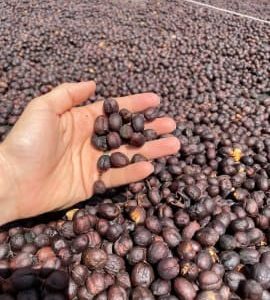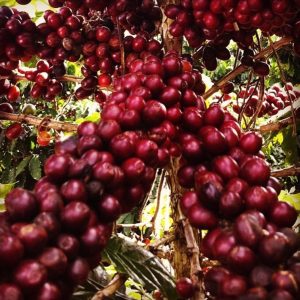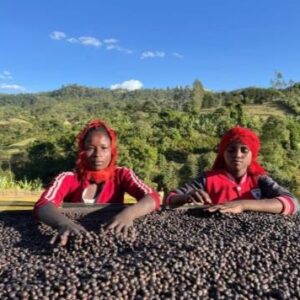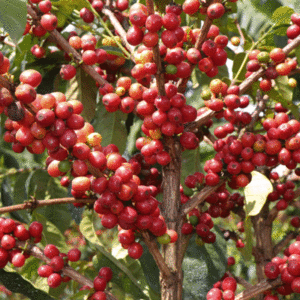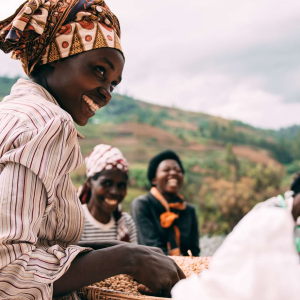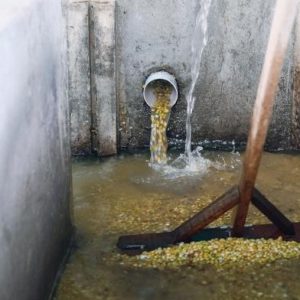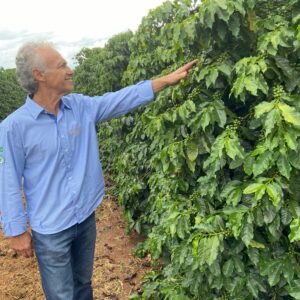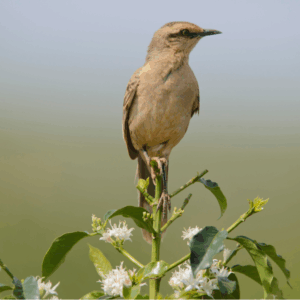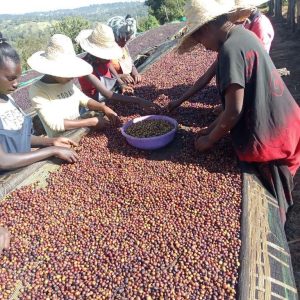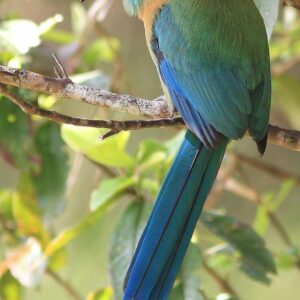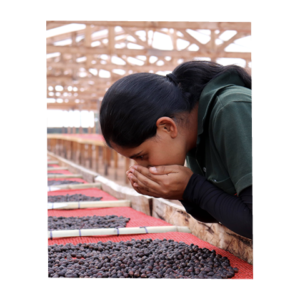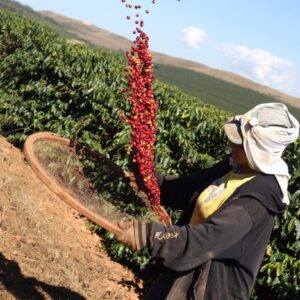-
Sale!
Costa Rica Brumas del Zurqui Natural Process
Price range: $28.00 through $138.00Select options This product has multiple variants. The options may be chosen on the product page -
Sale!
Brazil Anahy Signature Coffee Natural Lot Premium Specialty Coffee
Price range: $23.50 through $115.00Select options This product has multiple variants. The options may be chosen on the product page -
Ethiopia Yirgacheffe Xinoo Peaberry
$22.95Select options This product has multiple variants. The options may be chosen on the product page -
Yirgacheffe Moki G3 Natural Process
Price range: $22.95 through $68.85Select options This product has multiple variants. The options may be chosen on the product page -
Rwanda Rugali Specialty Coffee
$23.00Select options This product has multiple variants. The options may be chosen on the product page -
Bali SENJA Batukaang #04 Anerobic Honey Process Micro Lot
$31.50Select options This product has multiple variants. The options may be chosen on the product page -
Brazil Cachoeira Farm Specialty Coffee
$23.95Select options This product has multiple variants. The options may be chosen on the product page -
Brazil Gabriel Nunes Chapadao Farm Aerobic Process
$23.95Select options This product has multiple variants. The options may be chosen on the product page -
Ethiopia Guji Alaka Gr1 Natural Process
Price range: $24.00 through $72.00Select options This product has multiple variants. The options may be chosen on the product page -
Mexico El Mot Mot Mountain Water Decaf
$24.99Select options This product has multiple variants. The options may be chosen on the product page -
Sale!
Rwanda Killimbi Nyamasheke
Price range: $22.50 through $225.00Select options This product has multiple variants. The options may be chosen on the product page -
Gil Cesar de Melo Aerobic Fermentation
Price range: $24.95 through $74.85Select options This product has multiple variants. The options may be chosen on the product page

